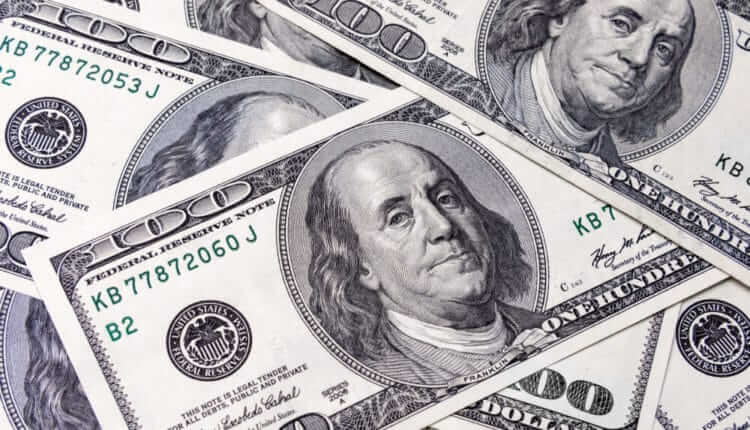
The dollar is set for a second consecutive week of drop
The U.S. dollar declined against its rivals on Friday. Remarkably, the currency is set for a second consecutive week of drop as news that China Evergrande Group had averted a default buoyed appetite for risky assets.
Worries over the property developer whose liabilities are equal to 2% of China’s GDP had sent investors flocking to the perceived safe-haven currencies like the greenback and government debt.
Concerns of economic contagion have seen swathes of other heavily indebted developers hit with credit rating downgrades.
The U.S. dollar index declined 0.1% to close at 93.61, putting it on track for a second straight week of drops.
However, the broader market narrative supported more U.S. dollar gains as surging bond yields on the back of firmer inflation expectations will likely support the dollar.
Yields on 10-year U.S. Treasury notes were close to their highest levels this year at 1.7%. Meanwhile, yield differentials between comparable U.S. and German debt held at 177 bps.
As we know, expectations are increasing that the U.S. Fed will be among the leaders to tighten monetary policy before other central banks. Remarkably, it is prompting investors like UBS Wealth Management to keep the greenback as the most preferred currency in its portfolio.
the Reserve Bank of Australia had stepped in to defend its yield target for the first time in 8 months
Additionally, the risk-sensitive currency, the Australian dollar, was at $0.7498, off Thursday’s three-month high. Remarkably, the lift to the China-exposed currency from Evergrande’s news was outweighed by action from the Reserve Bank of Australia (RBA) to stem a bond sell-off, as well as the pause in energy price rises.
On Friday, the Reserve Bank of Australia reported it had stepped in to defend its yield target for the first time in 8 months. The bank spent A$1 billion ($750 million) to dampen an aggressive bonds sell-off.
Besides, the euro was slightly changed at $1.1627. Meanwhile, the safe-haven Japanese yen wobbled within sight of its multi-year lows. The USD/JPY pair held at 114.01 yen, compared with 114.69 earlier in the week, a four-year low.
Remarkably, better jobs and housing data and surging U.S. Treasury yields helped the dollar to climb.
The British sterling against the dollar stood at $1.3784, also off a month high hit earlier in the week.
Brent crude, which had surged above $86 dollars a barrel on Thursday, declined late in the day and was last at $84.66.


